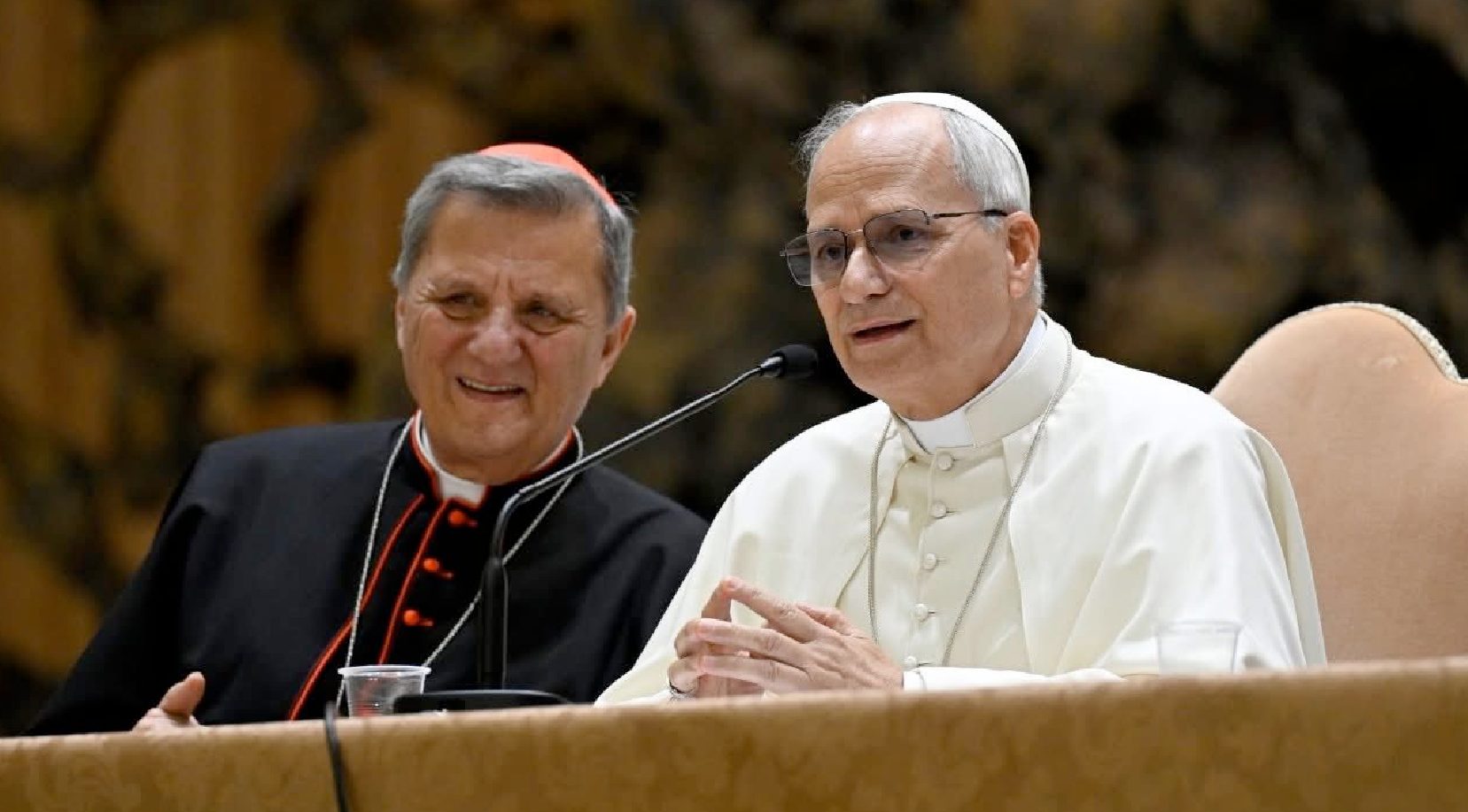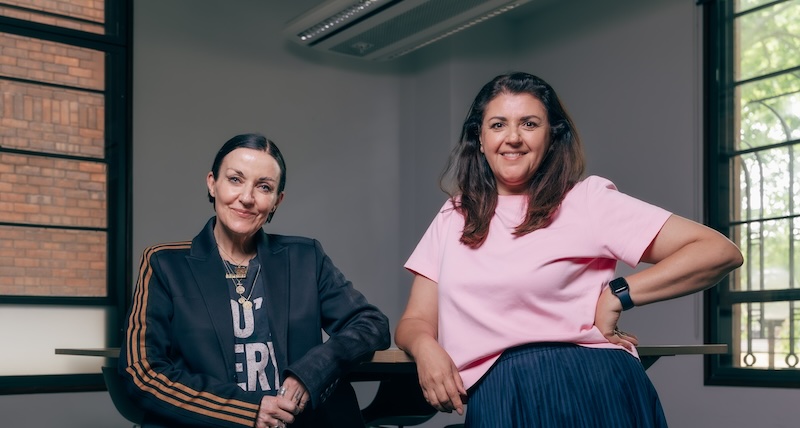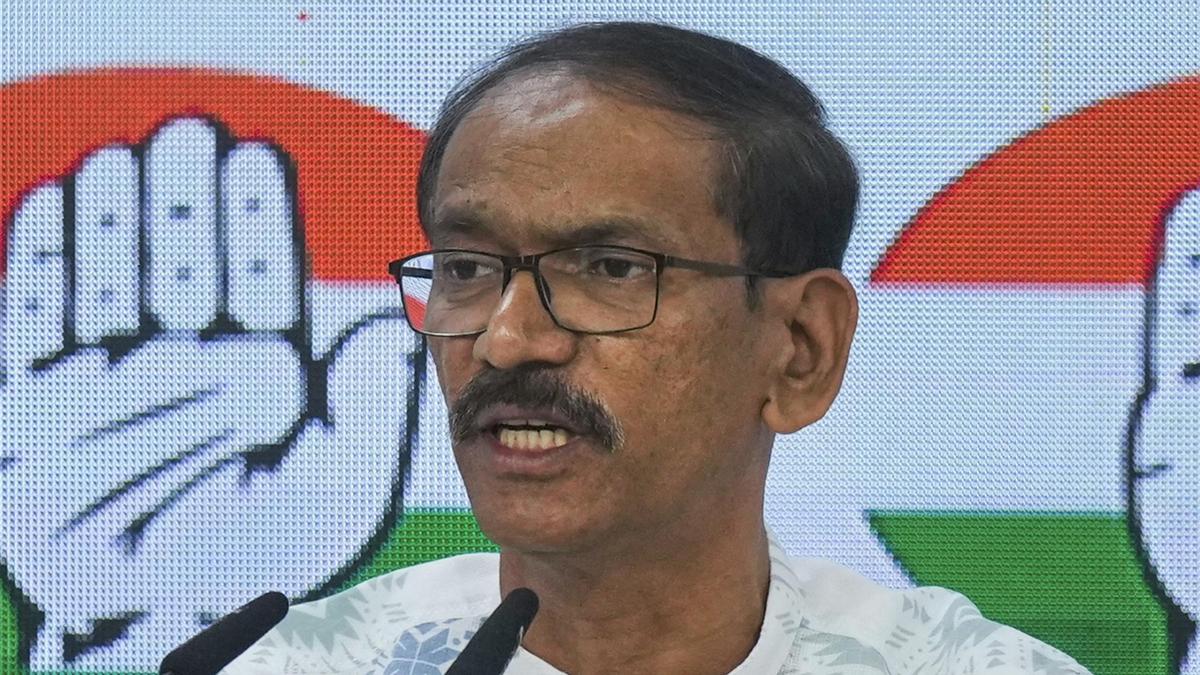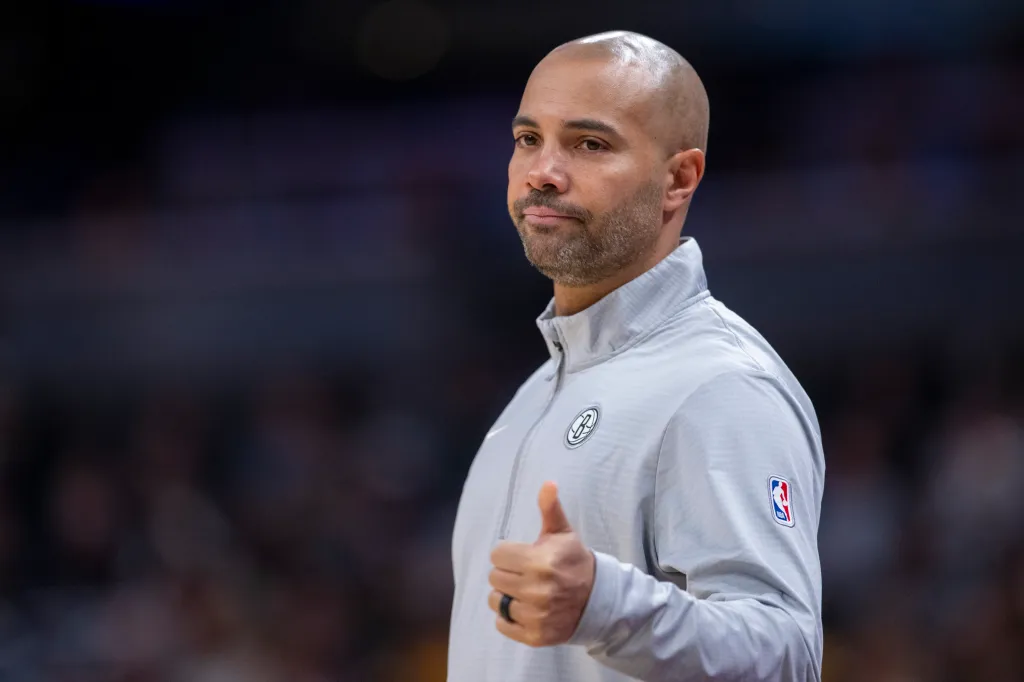Copyright zenit

(ZENIT News / Vatican City, 10.28.2025).- Pope Leo XIV has invited the Catholic Church to rediscover its ability to listen — deeply, patiently, and courageously. Meeting with participants of the Jubilee for Synodal Teams and Participatory Bodies in the Paul VI Hall on October 24, the Pope set aside his prepared text and engaged in an open conversation with representatives from every continent. What unfolded was a spiritual and cultural dialogue that revealed the Pope’s vision for a Church that is not only missionary, but truly relational. At the heart of his message was an appeal to abandon the illusion of uniformity. “We are not looking for a single model,” he said, responding to a question from Africa. “Synodality is not a campaign or a system to be applied everywhere in the same way. It is a conversion — to a way of being Church, to a way of being missionary, to a way of being the family of God.” That insistence on conversion — personal, pastoral, and cultural — ran through every exchange. From the shores of the Pacific to the parishes of Africa, from the theological halls of Europe to the communities scarred by war in the Middle East, the Pope heard stories of progress and resistance, enthusiasm and fatigue. He responded not as an administrator but as a pastor, one who sees in the diversity of the Church’s life the living face of the Gospel. In his words, synodality is not about meetings and documents, but about learning to walk together again — clergy and laity, men and women, rich and poor. “Sometimes,” he reflected, “resistance comes from fear or from ignorance. Not everyone runs at the same speed, and we must be patient with one another. If a few rush ahead and leave many behind, communion is broken. The Church must find concrete ways to walk at the pace of its people.” Among the most resonant themes of the evening was the role of women. Asked by a European delegate about the hopes of women in a synodal Church, Leo XIV responded with disarming simplicity. He recalled his own mother, who once told him she did not want to be equal to men because “we are already better.” He also remembered the missionary sisters he met in Peru, who serve in remote regions without priests, baptizing children and witnessing marriages. “They are true Gospel witnesses,” he said. “The problem is not the lack of opportunities, but cultural obstacles that make women feel like second-class citizens — even in the Church. Prejudices and discriminations exist that contradict the Gospel.” Rather than proposing quick solutions, he called for a “cultural conversion” — one that transforms societies and Church life alike through the values of the Gospel. “Too often,” he lamented, “our faith is shaped more by culture than by the Gospel. The Church must become a force that converts cultures, not one that simply mirrors them.” The Pope also turned his attention to regions living in hardship and conflict. Addressing the Maronite bishop from Lebanon, he expressed admiration for the Eastern Churches that continue to bear witness amid suffering. He urged Christians in the Middle East to “rediscover the enthusiasm of faith as a sign of hope” and to be “builders of forgiveness and reconciliation.” True unity, he reminded the assembly, is born not from agreement, but from mercy. “If we cannot respect one another, we will never draw closer to one another.” The dialogue also gave voice to the anxieties and aspirations of other continents. From Canada came a question about how to foster genuine co-responsibility without weakening episcopal authority. The Pope’s response was both pastoral and practical: priests, he said, must be the first to open their hearts to synodality. “They are often more afraid than the bishops,” he noted. “But formation, listening, and patience can turn fear into communion.” From Oceania came the challenge of ecological fragility. The Pope echoed the call of Laudato Si’, urging the Church to act, not just to reflect. “We cannot remain passive. When we hear the cry of those who suffer — from poverty, from injustice, from climate change — we realize that faith demands an urgent response.” The Latin American delegates described a Church rich in participation and renewal, launching networks, online catecheses, and theological initiatives that promote transparency and accountability. The Pope’s eyes brightened. “I have rarely been inspired by a process,” he said, “but I am inspired by people who live their faith with enthusiasm. That enthusiasm is contagious; it draws others to join us as builders of peace and communion.” Asia’s contribution concluded the global conversation. The Malaysian priest Clarence Devadassan spoke of the region’s pluralism, its interreligious dialogue, and its creative use of digital platforms. Leo XIV listened attentively, then replied with reverence: “We must bow before the sacred ground that is Asia. Its sense of mystery and contemplation is a treasure. It can teach us much about dialogue, humility, and hope.” The Jubilee gathering, part of the broader Jubilee of Hope 2025, became in that moment more than a Vatican event. It was a living snapshot of the Church learning to breathe again through its many lungs — African, Asian, European, Oceanian, American, and Eastern. Pope Leo XIV closed the encounter as he began: with gratitude, realism, and a hint of defiant hope. “Synodality is not a slogan,” he said. “It is the Church rediscovering itself as a community that listens to the Word, listens to the poor, listens to one another. Only by listening will we find the courage to change.” Thank you for reading our content. If you would like to receive ZENIT’s daily e-mail news, you can subscribe for free through this link.



